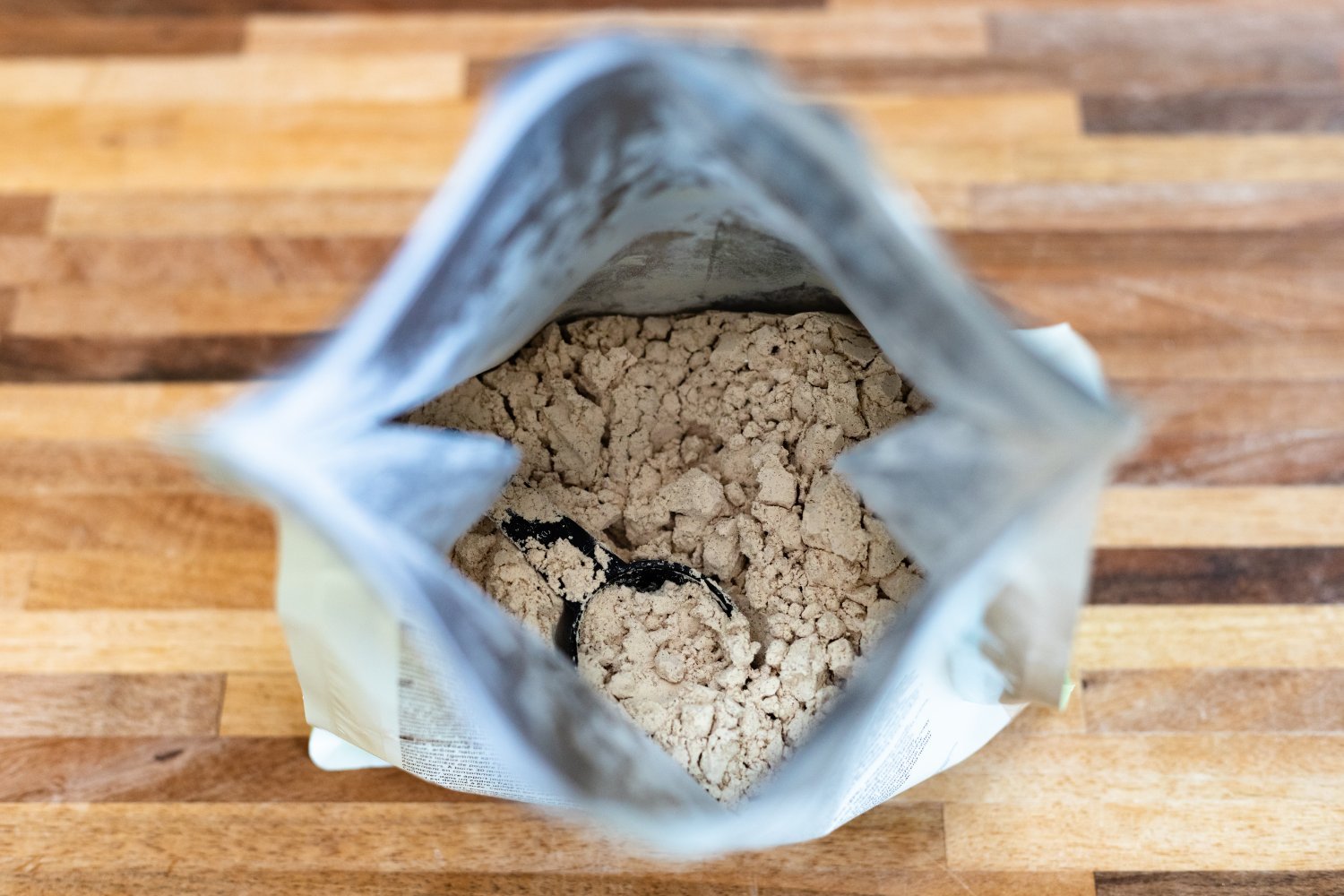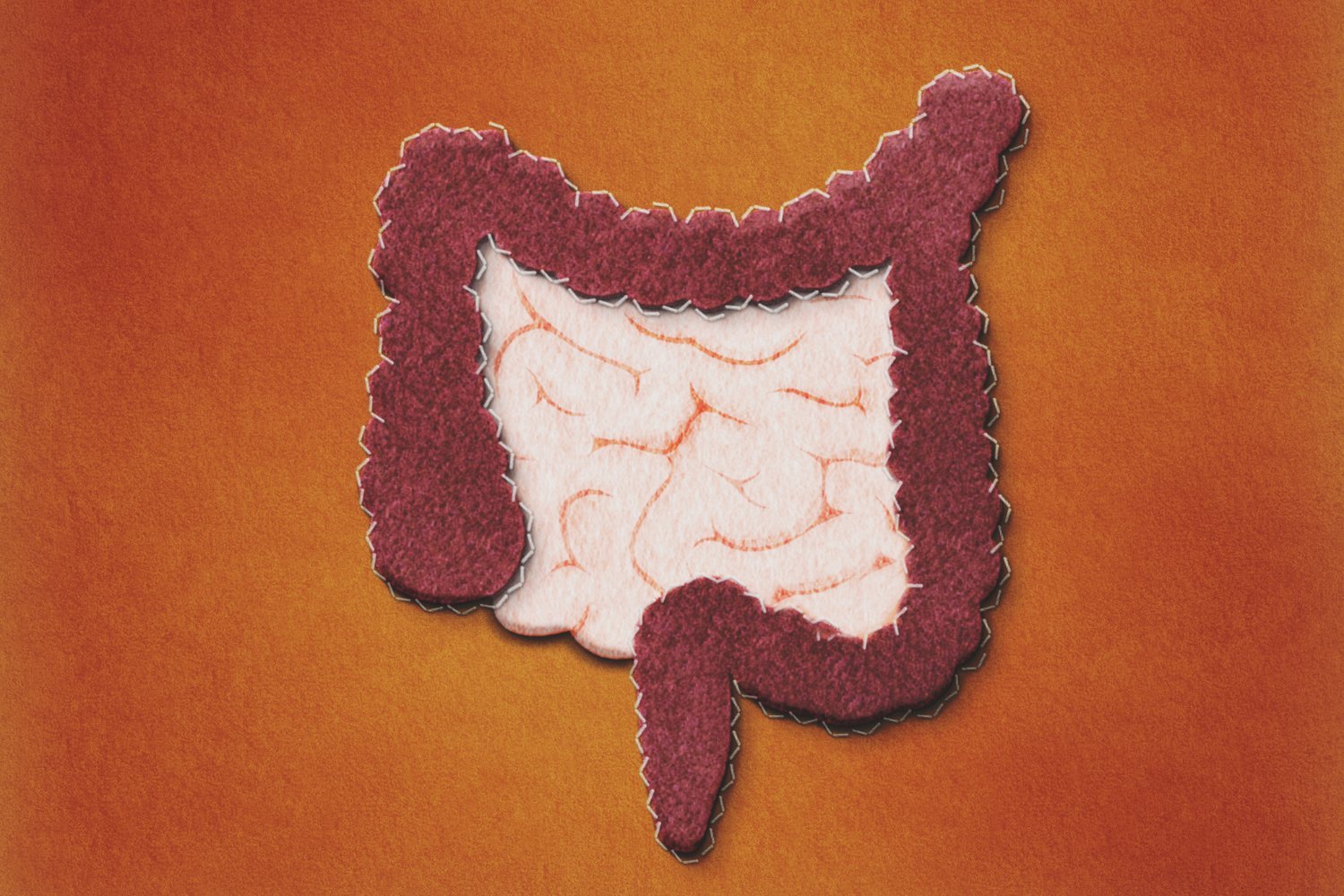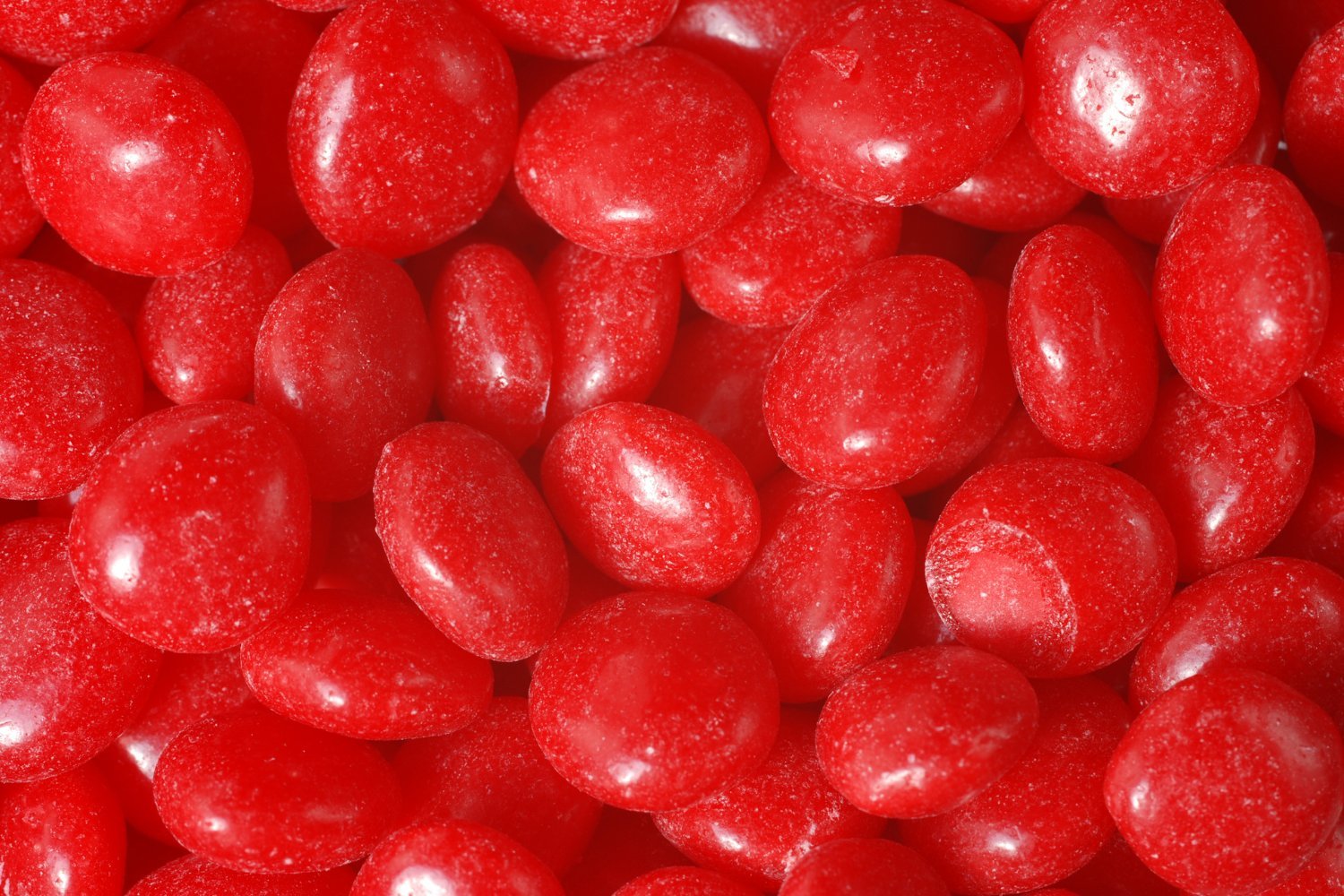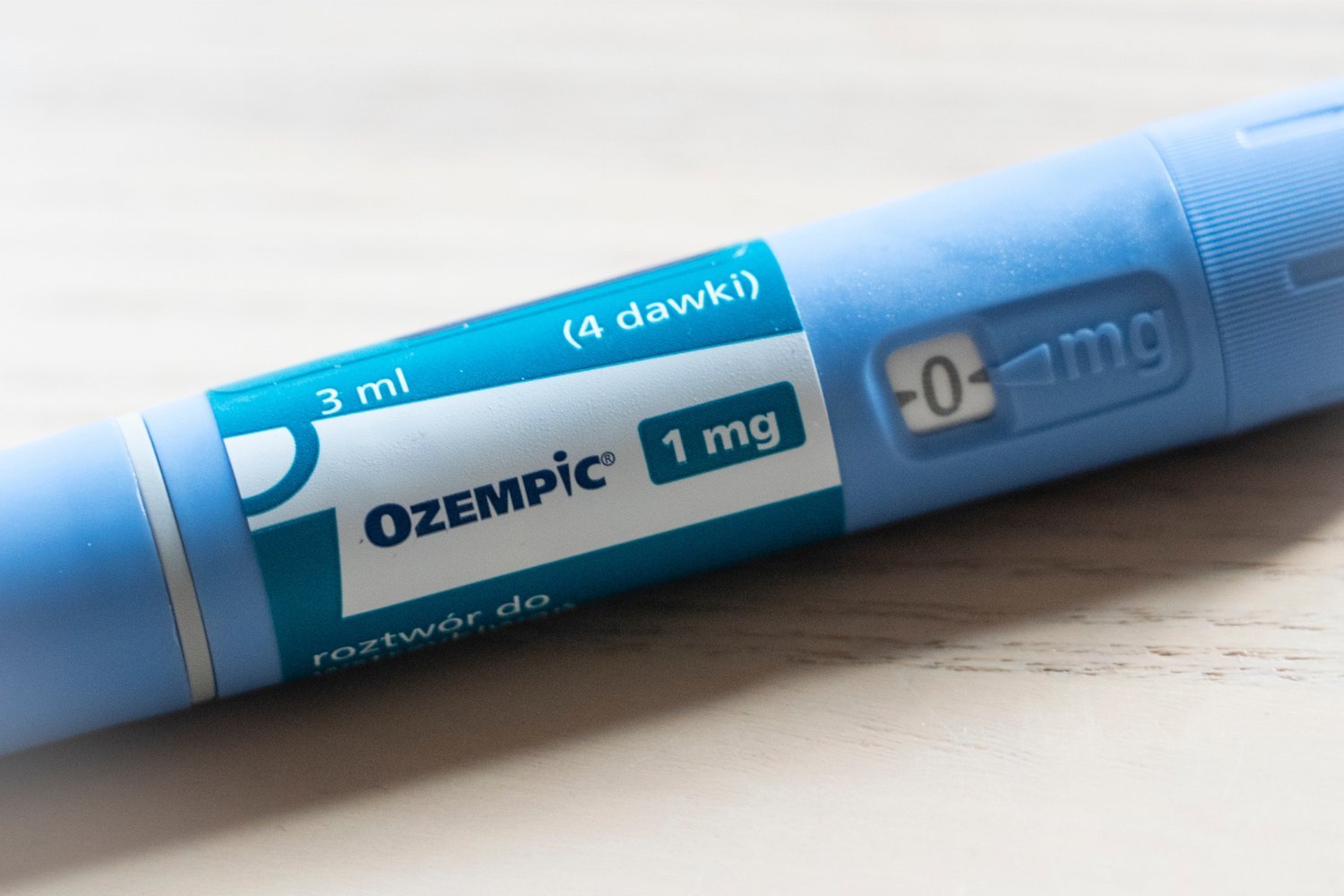Your post-workout protein shake might contain more than just muscle-building nutrients. A recent study reveals a concerning number of protein powders harbor potentially harmful levels of heavy metals like lead and cadmium. This discovery raises important questions about the safety and regulation of these widely consumed supplements.
Heavy Metal Contamination in Protein Powders: A Growing Concern
The Clean Label Project, a non-profit organization dedicated to consumer product safety, conducted a comprehensive study analyzing 160 protein powder products from 70 leading brands, representing a significant portion of the market. Their findings are alarming: 47% of the tested products contained levels of lead, cadmium, and other toxic metals exceeding the safety limits established by California’s Proposition 65. This law, enacted in 1986, strictly regulates exposure to over 900 potentially harmful substances within the state.
Organic, Plant-Based, and Chocolate Flavors: Higher Risk of Contamination
The study revealed a surprising trend: organic, plant-based, and chocolate-flavored protein powders exhibited a significantly higher likelihood of heavy metal contamination compared to other varieties. Specifically, 77% of plant-based powders, 65% of chocolate-flavored powders, and a staggering 79% of organic powders exceeded Prop 65 limits for lead. Furthermore, a concerning 41% of organic products contained lead levels twice as high as the established limit. These findings challenge the common perception of organic products as inherently safer.
Lead Exposure: A Persistent Threat
While lead exposure has decreased significantly since the 1970s due to the phasing out of leaded gasoline, certain consumer products remain at higher risk of contamination. A previous study, for example, found unsafe lead levels in nearly half of all cocoa products, particularly dark chocolate. The Clean Label Project’s research underscores the ongoing need for vigilance in monitoring lead contamination in various consumer goods.
Comparing Safety Standards: Prop 65 vs. FDA
It’s important to note that Prop 65’s safety thresholds for lead and other substances are considerably stricter than those employed by the Food and Drug Administration (FDA). While some research suggests that average heavy metal exposure from protein powder consumption is unlikely to cause severe health problems like cancer, there’s no universally agreed-upon “safe” level of lead exposure. Especially concerning is the link between early-life lead exposure and developmental issues.
A Call for Action and a Silver Lining
The Clean Label Project’s report serves as a wake-up call for consumers, manufacturers, retailers, and regulators to address the issue of heavy metal contamination in protein powders. Transparency in labeling and stricter quality control measures are essential to ensuring consumer safety. On a positive note, the study did find a substantial decline in bisphenol levels (hormone-disrupting chemicals) in protein powders compared to a 2018 report, indicating progress in reducing exposure to these harmful substances.
Choosing Safer Protein Powders: What Consumers Can Do
While the study’s findings are concerning, consumers can take steps to minimize their risk. The report suggests that whey and collagen-based protein powders are less likely to be contaminated with heavy metals. Furthermore, choosing products from reputable brands committed to rigorous testing and transparency can provide added assurance. Ultimately, informed consumer choices and increased regulatory oversight are crucial for ensuring the safety and quality of protein supplements.











